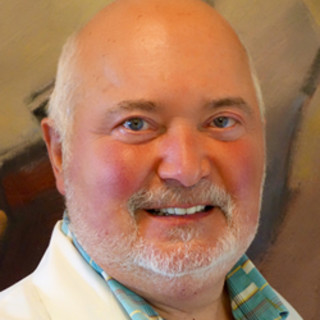
In my personal, diverse reading program, I am presently engaged in devouring Ian McEwan’s Solar, a novel that centers on a Nobel Prize-winning physicist who is fast approaching age 60. Although he is no longer an academic titan, his reputation allows him to collect huge speaking fees and impassively head a government program to battle global warming. (His personal life is another matter.)
The story opens with the main character taking a shower, walking past a full-length mirror, catching a glimpse of himself, and confronting the person who stands before him. His hair is gray and starts two inches above his ears while the remainder is bald. His notices his chest has become soft and feminine. His abdomen, which was once flat during his prime years has begun to slowly go through a metamorphosis that started at age 35 and has swelled annually by five pounds. At 60 now, after being caught while “sucking it in,” he suddenly feels his self-confidence draining from him as the water drains from the shower.
I’m sharing this story, first of all, to make a case for why we need to occasionally put down the medical literature and read varied novels to give us insights into the realities of life. Novels make us more interesting as professionals, both to our peers and our patients.
Secondly, it speaks to the importance of self-discovery: glimpsing into a mirror and reflecting on both our personal and professional demeanors. I can recall when both my wife and kids chided me lovingly about “sucking it in,” as they were far more aware than myself to a metamorphosis in my body habitus. It soon became a matter of concern to those who loved me because I developed diabetes, hypertension, and an enlarged heart.
It turned into concern and the idea that I didn’t care about myself nor did I care that I had a family that loved me. They wanted me to live well into my seventies or eighties and, at this rate, I was going to leave the planet earlier than that timetable. It affected my self-confidence to a degree and my ego lessened because of the reality of the wages of lack of self-control in diet and exercise. I wore my shirts outside so as to not bring attention to what existed below my neck. I found it easy to become the butt of my own jokes concerning weight since I saw myself as a lost cause.
How does this relate to all of you normal PAs and NPs and your daily practice? I’m offering up this information to serve as an early wakeup call if you are at the “suck it in” stage of life. I am attempting to do what I have always endeavored to accomplish—help my colleagues.
It also falls into a practice setting since we are lacking the ability to set an example for our patients who suffer from similar dilemmas. We are not examples of what we are preaching to them. It’s sort of like a surgeon who is trying to convince a balding patient to get a hair transplant when his own head looks like a shiny dome that can light the darkness. They are wondering to themselves, then why hasn’t he visited a colleague who does this procedure? For the obese patient who is noncompliant, it becomes a constant source of worry, agitation, and frustration to the healthcare providers. My IM physician, Dr. Ed Hallal of Bay Shore, NY, maintains a healthy morphology because he constantly encourages his patients concerning diet and exercise.
Lastly, what you think of yourself impacts your ability to render the type of care that is essential for a healthcare provider. Focusing on our personal failures takes some of the steam out of our enthusiastic approach to patient care and we lose the ego that is necessary for a leader or clinician. To explain that remark more thoroughly, I mean to say that all leaders, every one of them, have an ego and with it the desire to be the best and to at least be successful in their challenges. As clinicians, we desire to use our knowledge and skills in a manner consistent with the other colleagues that we respect and to do so without impediment. If we discover the impediment, we then chose to focus on it and work hard at making changes.
“Tomorrow is the first day of the rest of our lives,” as the adage states, and we can change personally in order to encourage our patients to refrain from looking at past failures and to instead look to future success. Our old stumbling blocks can become stepping stones toward success. So, the final message is the same as the beginning: Slow down as we all work too hard, listen to the family that loves you, and stop long enough for self-evaluation. Take a glimpse in the mirror.
Robert M. Blumm, MA, PA, PA-C is an author, national conference speaker, and suture workshop director. He is the former liaison for the American Association of Physician Assistants and the American College of Surgeons, as well as the past president for the Association of Plastic Surgery Physician Assistants. He is on the editorial board at Clinician1 and Advance for NPs and PAs.






